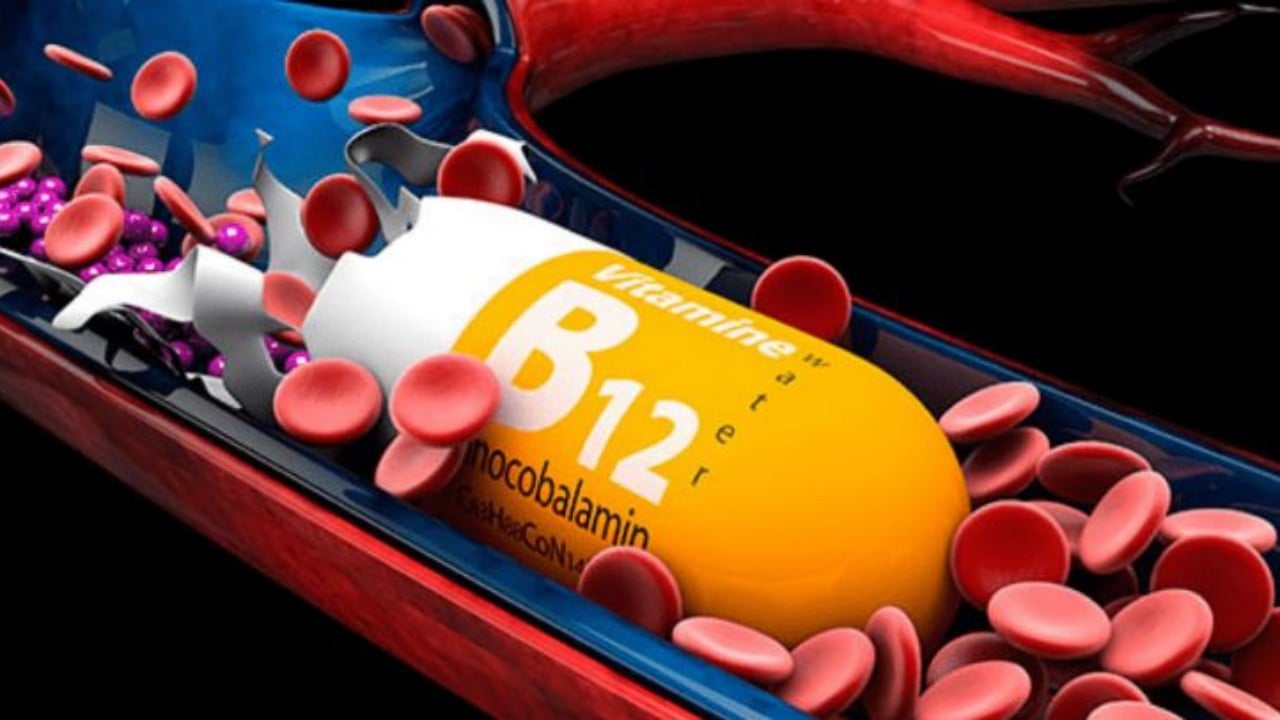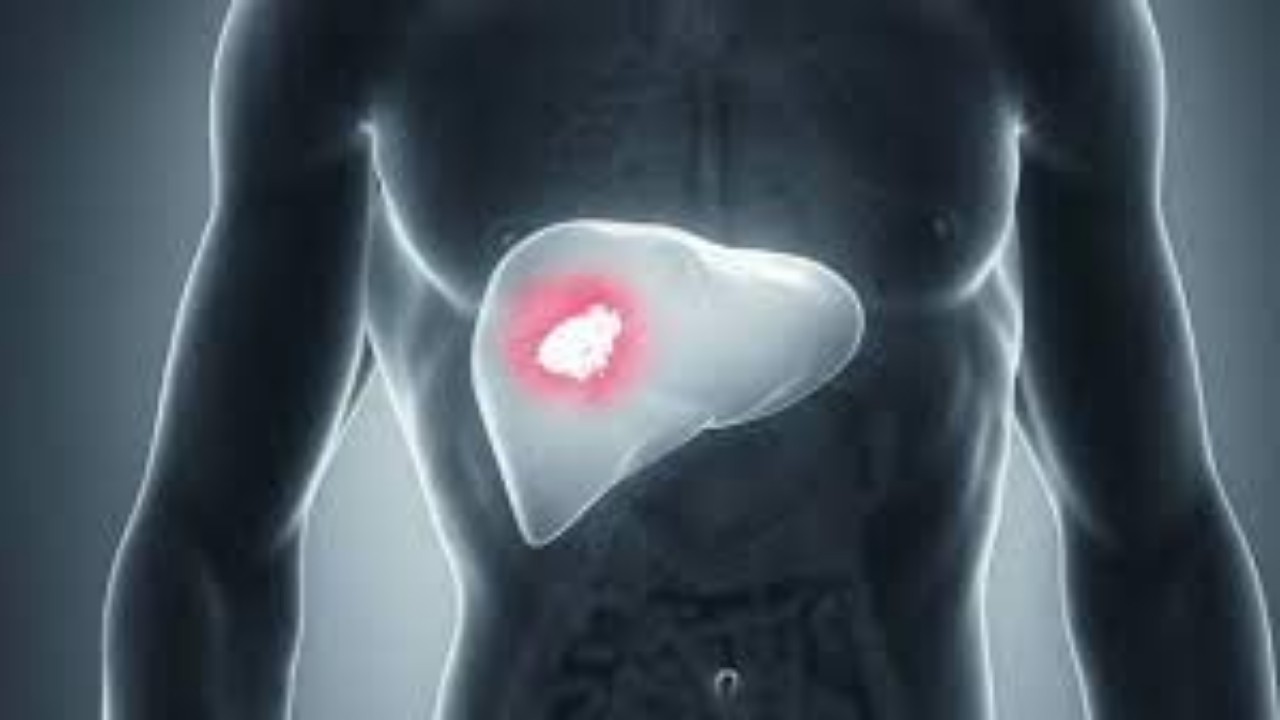You may have noticed a neighbour or coworker running around with a shaker or jar full of a cloudy-looking drink. It’s most likely a protein shake, and they could be drinking it for a variety of reasons. Protein powder is a popular ingredient, and sales are expected to increase at an 8.4% annual rate between now and 2028. If you’ve never used one, you might be wondering if you need one. The answer is — it depends.
What is Protein Powder Actually?
Protein powders are processed foods made up of a variety of ingredients. Their most basic form is derived from milk (whey is a byproduct) or egg whites. Vegan and plant-based options derived from soy, hemp, peas, and other sources are also available. Protein powders may also include added sugars, artificial sweeteners and flavours, probiotics, vitamins, minerals, and even caffeine or creatine. As a result, some powders are more processed than others, and some are healthier than others.
So Do You Really Need Protein Powder?
The quick answer is no. You can easily obtain natural protein sources such as eggs, chicken breasts, fish, beans, milk, cottage cheese, nuts, seeds, and whole grains. Athletes use protein powder because they need more protein and it is convenient. Athletes generally require 0.54 to 0.91 grammes per pound of body weight per day, carefully timed before and after workouts to maximise muscle recovery and growth. For example, if you run 25 to 30 miles per week, you might want to follow up tough workouts with 20 grammes of protein and some carbs, 1 cup plain Greek yoghurt with berries and whole-grain cereal, or 2 scrambled eggs with a whole-wheat English muffin and a piece of fruit. When you’re pressed for time, reaching for a shake or a bar is tempting. Just keep in mind that taking supplements you don’t need is never a good idea, and you don’t want extra protein to turn into extra calories. So, why use protein powders when you can get protein from natural sources?
Gujarat Elections 2022: Bhupendra Patel to take oath as CM on December 12, Congress breaks silence on getting confined to North Gujarat, AAP gains national party tag
How Does Taking Protein Powder Benefit You?
1. Helps To Building Muscles
Protein powder’s primary function is to provide protein to the human body, and it is required for men and women who want toned and healthy muscles and bodies. This protein is necessary for muscle growth. The excess protein in your diet is converted into energy. The liver and muscles store this energy. Vegan protein powder can help you with muscle gain and you will be able to build strong muscles if you use protein powder.
2. Recovery after a Workout
A protein-rich diet can assist in the repair of damaged muscles and tissues as well as the growth of muscle cells. As a result, athletes may benefit from using protein powder to hasten recovery from post-exercise muscle soreness. Many studies show that taking protein supplements after exercise can help with recovery by reducing muscle damage, improving muscle performance, and increasing muscle protein synthesis.
3. Weight management
Protein-rich foods and supplements may keep people feeling fuller for longer. People who feel full eat smaller portions and snack less frequently, which can help them maintain a healthy weight or lose weight.
According to a 2017 review, whey protein supplementation may reduce body weight and total fat mass in people who are overweight or obese.
It may also lower blood pressure, total cholesterol, and other cardiovascular disease risk factors.
4. Good for Your Digestive Health
It is impossible to overstate the importance of proper digestion; as a result, health and nutrition researchers are increasingly focusing on the digestive system and gut health.
To begin with, rotating proteins is necessary, and while many products improve gut health and dietary approaches aid digestion, this is one of the best practices to start. You should try to avoid consuming the same protein source, whether from food or supplements, on a daily basis for an extended period of time.
How to Use Protein Powder?
Vegan protein powder is used in the same way that other protein powders are. You can take it with milk or water in the morning and evening, and you can use it as a pre-workout or post-workout supplement, depending on your diet.
You can mix it into any drink, such as a smoothie, shake, or juice. It will give your drink a creamy and delicious appearance. If you have taste preferences, there are many flavoured vegan protein powders on the market that you can purchase.
Over to You
Protein powders can benefit a wide range of people, including athletes, older adults, vegetarians, and vegans. They provide a quick and convenient source of complete protein. They may also contain additional nutrients.
However, not everyone requires more protein. Protein supplements are unlikely to be needed by people who eat a high-protein diet rich in fish, meat, and eggs and do not engage in strenuous weight training.
Before using protein powder to supplement their diet, people should choose a high-quality product and consult with their doctor or dietitian.
Congress to decide Himachal Chief Minister, Pratibha Singh among other hopefuls
Maharashtra-Karnataka Border Row: MVA MPs meet Amit Shah, protest outside Maharashtra Bank in Bengaluru


 Latest world news14 hours ago
Latest world news14 hours ago
 Latest world news13 hours ago
Latest world news13 hours ago
 India News10 hours ago
India News10 hours ago
 India News5 hours ago
India News5 hours ago












